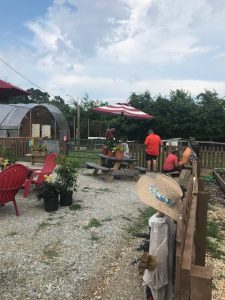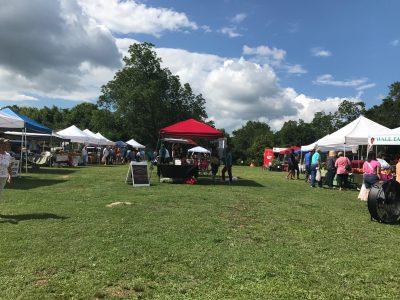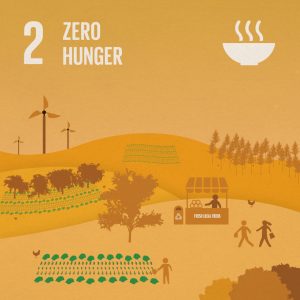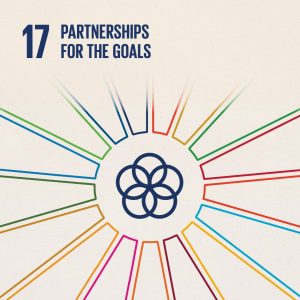By Sean A. Forbes and Carey E. Andrzejewski.

Auburn University’s classification as a Carnegie Community Engaged university speaks to the institution’s recognition of the value of partnerships in fulfilling its land-grant mission of bettering the lives of those in Alabama and beyond. The Carnegie Foundation articulates that “the purpose of community engagement is the partnership of college and university knowledge and resources with those of the public and private sectors to enrich scholarship, research, and creative activity; enhance curriculum, teaching and learning; prepare educated, engaged citizens; strengthen democratic values and civic responsibility; address critical societal issues; and contribute to the public good.” Even with this clear articulation of the purposes of partnerships and their value within higher education, this is not to say that partnerships are without challenges. It is this tension, between value and challenge, that we explore via our partnership, O Grows.
Founded in 2012, O Grows is a community-university food project of the City of Opelika, Opelika City Schools, Envision Opelika, and Auburn University with the mission is to cultivate food and community. In support of this aim and in collaboration with 150+ residents and students, O Grows directs youth programs, a community garden and greenhouse, and Opelika’s only seasonal, state-certified farmers market from our headquarters at the Southside Center for the Arts. Through these efforts, we have donated over 15,000 pounds of fresh produce in the fight against local hunger, facilitated the commerce of small-scale local farmers to thousands of customers, engaged thousands of K-12 students in place- and project-based learning, and provided an authentic laboratory wherein hundreds of Auburn University students have honed their teaching and research skills under the direction of scores of university faculty and staff.

As expansive as the partnership is today, its beginnings were much more modest — one classroom, one garden. Little by little, as more individuals and institutions have taken an interest in and contributed to the project, the partnership evolved organically, identifying a broadening mission — from gardening to comprehensive food systems, from elementary school students to the whole community. It’s impossible to work with farmers, consumers, gardeners, food banks, and local food businesses without developing a deep appreciation of the capacity for change in both the individuals and the relationships that give shape to our local food system.
We hope our brevity doesn’t suggest that this growth was without growing pains; the evolution from 2012 to the present was nonlinear and with unexpected stops and starts. But, we have learned some things along the way. Our experiences offer lessons that are transferable to other university-community partnerships:
- Context matters. What works for one partnership may not work for another. That lesson holds across partnerships as well as within them.
- Relationships matter. It’s easy to start. New ideas often generate excitement and energy. Sustaining collaborative work that’s responsive to community needs requires investing in relationships with collaborators and gatekeepers.
- Successful partnerships rely on identifying the myriad ways in which all of the stakeholders can benefit. That is, much of partnership-building is about match-making among stakeholders in terms of their assets and their needs.
- Be mindful of the checkered history of university outreach. Don’t allow old patterns and norms, privileging the university side, to dictate ways of interacting with community members who have expertise.
- Building partnerships and producing traditional scholarship are difficult to achieve simultaneously. Collecting data and writing are labor-intensive. Professional interest in producing scholarship may need to take a backseat to the more proximal needs of stakeholders. Prioritizing the partnership in the short team ensures that the scholarship that does arise from the work reflects true community engagement.
See the O Grows Facebook page for more information. We invite you to read this article for a deeper dive into O Grows’ work in sustainability.
This guest post was written by Sean A. Forbes and Carey E. Andrzejewski in the Department of Educational Foundations, Leadership, and Technology, College of Education
Learn about the SDGs & AU and our contributions related to this post.






